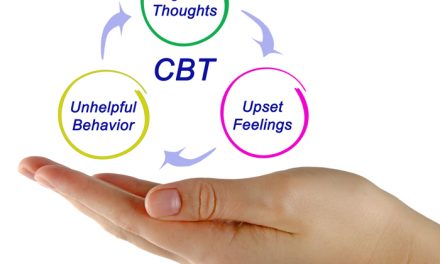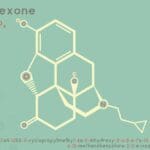Some products and brands are so dominant that it can be hard to name alternatives or competitors. Take, for example, Kleenex.
Kleenex is a brand of facial tissues. But the brand has such a significant presence in our minds that you often hear people say, “Could you hand me a Kleenex, please?” when they mean “Could you hand me a tissue, please?” The brand has become synonymous with the category.
In the substance use recovery space, one brand is, arguably, similarly cemented in our collective brains: Alcoholics Anonymous.
The program—with its 12 steps and meetings and sponsors—is so well-known that it is often just abbreviated “AA,” and everyone knows what is meant.
AA (and similarly named programs like Narcotics Anonymous and Gamblers Anonymous) has earned this place in our consciousness by helping thousands upon thousands of people in recovery maintain their sobriety. In fact, if you are a person in recovery, you may have discovered that AA truly serves you well. If so, that is wonderful and we encourage you to stick with it.
But sometimes the thing that works so well for many people is not quite right for you. Maybe, for example, you prefer Puffs or another brand to Kleenex when it comes to facial tissues. Similarly, maybe you would find a program other than AA to be a better fit for you as your recovery journey proceeds.
Let’s consider a few other options that might not have the same top-of-mind position as AA but which nevertheless might be a great fit for you and your recovery.
Women for Sobriety
Founder Jean Kirkpatrick created Women for Sobriety as an alternative for women in recovery. The program, which has been around since the 1970s, centers on women’s self-esteem and the replacement of negative self-talk with self-affirmations. Women for Sobriety emphasizes personal responsibility, physical wellness, problem solving, and emotional and spiritual growth.
Secular Organizations for Sobriety and LifeRing Secular Recovery
Some folks are uncomfortable with the explicit suggestion of relying on God in the AA program. For those looking for a less religious tone, Secular Organizations for Sobriety (SOS) and the spinoff organization LifeRing Secular Recovery provide alternatives. Self-reliance and maintaining motivation to stay sober by making it your highest priority are central drivers of these programs.
SMART Recovery
At the heart of the SMART Recovery program is the idea that our thoughts create our feelings and spark our actions. Because of this, change is possible, but it requires us to stop thinking about the mistakes of our past. Instead, it is essential to stay focused on making positive changes in the present and the future. SMART Recovery is based on a cognitive behavioral psychotherapy known as Rational Emotive Behavior Therapy (REBT).
Celebrate Recovery (Christian) and Refuge Recovery (Buddhist)
We included a couple of secular options above for those in recovery who might like less of a religious tone to their recovery program than Alcoholics Anonymous offers. But there are others who might appreciate the religious aspects but wish they were more specifically tied to a given faith tradition.
For example, Celebrate Recovery is a Christian program and uses a modified version of the 12-Steps, tying each to relevant Bible verses. The program also helps people deal with trauma, anger, and more.
Meanwhile, Refuge Recovery is grounded in Buddhist principles and practices and is centered on what it calls four truths: addiction is suffering; the cause of addiction is repetitive craving; recovery is possible; and the path to recovery is available.
Start Your Recovery Journey at The Aviary
Each of the above programs can help you on your recovery journey. But before that journey gets underway, you need to regain your sobriety. At The Aviary Recovery Center near St. Louis, MO, we are in the business of making that possible.
We start with a medically supervised approach to detoxification, helping you overcome the difficulties of withdrawal in an environment that is free from temptations. We follow detox with a robust rehabilitation program that includes both group and individual therapy sessions. During rehab, we also address co-occurring mental health disorders—including but not limited to depression and anxiety—that may be entangled with your substance use disorder.
As your time in residential treatment comes to an end, we ensure you can start your recovery journey with confidence. Our continuum of care is designed to provide ongoing support and access to resources. We do everything we can to provide a firm foundation for ongoing sobriety. You can build on that foundation with any of the recovery programs we have highlighted above.










